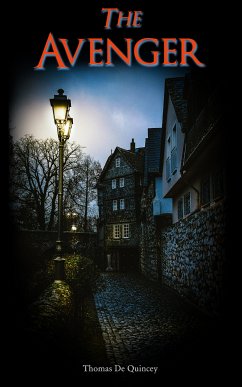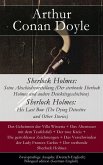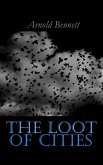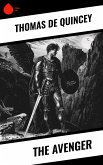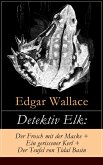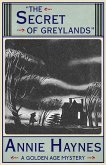A quiet town in the north of Germany becomes the scene of a series of different cases of mass slaughter. The peaceful inhabitants of this town are terrorized by these savage and gruesome murders that begin for no apparent reason. Elderly citizens meet a cruel death with no one able to explain why the terror has struck the town. When the sense of calamity dominates then the barriers collapse and people's logic becomes clouded, but the solution for this mystery isn't that far.
Dieser Download kann aus rechtlichen Gründen nur mit Rechnungsadresse in A, B, BG, CY, CZ, D, DK, EW, E, FIN, F, GR, H, IRL, I, LT, L, LR, M, NL, PL, P, R, S, SLO, SK ausgeliefert werden.

